Moving Guide to Austin, Texas
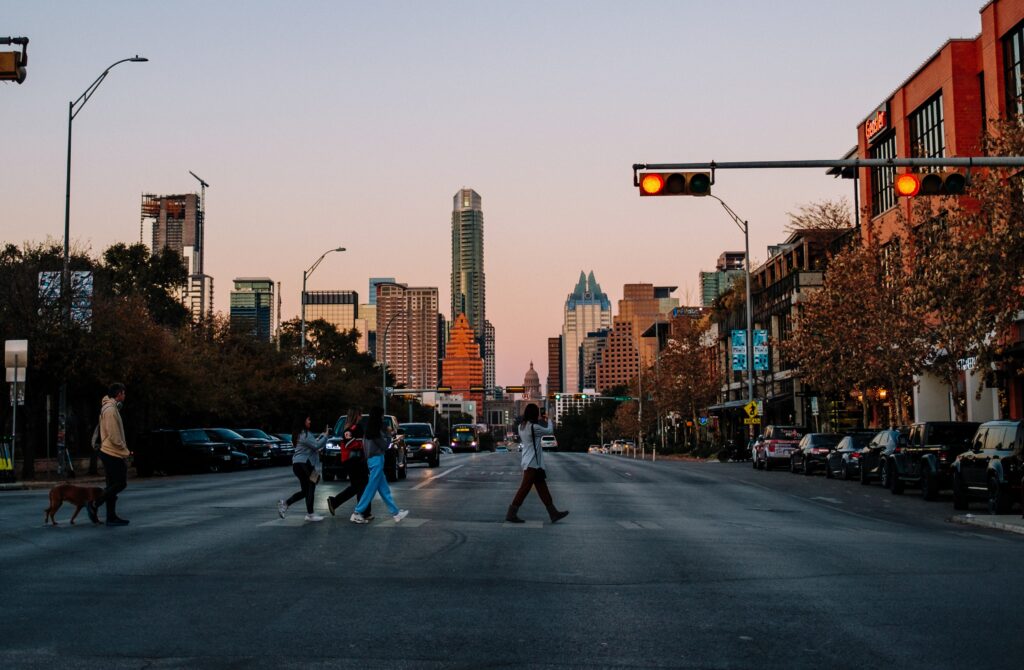
People are moving to Austin, Texas for a variety of reasons. The city is renowned for its strong job market, diverse culture and vibrant nightlife. Additionally, it’s an affordable place to live with living costs (including rent and utilities) lower than the national average. Other reasons people move include its close proximity to outdoor recreation areas such as Lake Travis; a wide range of cultural events like SXSW; excellent educational opportunities at major universities like UT Austin; and plenty of entertainment options like music venues, restaurants and bars. With its hip vibe, diverse population and strong economy, it’s no wonder that Austin is becoming one of the most popular cities in the US for those looking for their next home.
History of Austin
Austin, Texas has a rich history stretching back centuries. It was originally settled by the Tonkawa tribe before it became part of Mexico in 1821. The first non-native settler to the area was Stephen F. Austin, who established a colony in 1825 and gave the city its name.
In 1839, Texas gained its independence from Mexico and Austin was chosen as the new state capital. During this time, the city underwent rapid growth due to an influx of settlers and by 1840 its population had reached 856 people. In 1845, Texas became part of the United States and Austin continued to grow into a major hub for government activities.
The late 19th century saw further expansion with several universities being founded including The University of Texas at Austin and St Edward’s University.By 1900, Austin’s population was close to 30,000 people and it continued to grow rapidly throughout the 20th century as tech companies such as Dell moved their headquarters there.
Today, Austin is known for its culture and vibrant music scene as well as its burgeoning tech industry which has drawn many new residents to the city in recent years. With great food, outdoor activities and many cultural attractions on offer too, it’s no wonder why so many people are choosing to call this vibrant city home.
Austin Cost of Living
The cost of living in Austin, Texas is relatively high compared to other cities in the state. According to Best Places, the overall cost of living in Austin is 10% more expensive than the national average while the cost of housing is 22% higher. Additionally, groceries, utilities, and transportation all have higher costs than the national level. For example, a gallon of gas in Austin typically costs around $2.45 compared to $2.30 nationally.
Despite this, Austin remains one of the most affordable cities for residents in Texas when compared with other major metropolitan areas such as Houston and Dallas. The median household income for Austin is about $65,500 which helps offset some of the higher costs associated with living in the city. A number of factors contribute to this affordability including lower taxes and a strong job market.
Austin’s Economy
Austin, Texas is home to a diverse range of industries, ranging from tech and finance to health care and education. There are a number of businesses headquartered in Austin, such as Oracle Corporation, Dell, Cirrus Logic, Whole Foods Market and National Instruments.
The technology sector has been particularly successful in Austin. It is ranked as one of the top 10 U.S. cities for tech jobs by Forbes Magazine and is home to major tech companies such as IBM, Apple and Google. Additionally, the city is considered the capital of “Silicon Hills” due to its thriving startup scene.
Other important industries in the city include health care and education. Austin is home to the University of Texas at Austin which is one of the largest universities in the country with over 50,000 students enrolled annually. The university also provides employment opportunities for faculty members and staff members as well as attracts medical professionals from around the world due to its highly rated medical school and hospitals. Additionally, two major healthcare providers – Ascension Seton Healthcare Network and St David’s HealthCare Partners – have their main offices located in Austin.
In addition to these major industries, there are numerous other businesses that contribute to Austin’s economy. These include small retail stores and restaurants that cater to both locals and tourists alike as well as professional services such as accounting firms, law offices and consulting firms. All these businesses help create a vibrant economy that makes living in Austin an attractive option for many people regardless of their income level or profession.
Public Schools in Austin
Austin public schools are performing well relative to other cities in Texas. According to data from the 2018-2019 school year, Austin scored an average of 77 out of 100 on its Academic Performance Index, compared to the state average of 79. Additionally, Austin outperformed other large cities like Dallas and Houston in student achievement rates for English/language arts and math. Overall, Austin public schools offer students a quality education at a competitive level with peers around the state.
Austin Neighbhorhoods
Austin is home to a diverse array of neighborhoods, each with its own unique character and attractions. Hyde Park, located in the heart of the city, is a historic area lined with grand Victorian homes and beautiful tree-lined streets. Just south of that lies South Congress, an eclectic neighborhood full of art galleries, vintage clothing stores, and funky restaurants. To the east is East Austin, which has seen a surge in popularity over the past few years due to its vibrant music scene and proximity to downtown. Further south you have South Lamar, which offers access to some of the city’s best parks and green spaces. Finally, just west of Austin lies West Campus—a bustling college town that’s always alive with activity from students at the University of Texas at Austin.Dallas and Houston in student achievement rates for English/language arts and math. Overall, Austin public schools offer students a quality education at a competitive level with peers around the state.
Good luck with your move!
People are flocking to Austin due to its robust public school system and strong economy. In addition to its high-performing academic performance, Austin’s unemployment rate was only 2.5% in 2018, which is significantly lower than the national average of 3.9%. The city is also home to a variety of cultural attractions and recreational activities, making it a great place to call home for any family looking to relocate. With the help of a reliable moving company, you can ensure that your move goes as smoothly as possible and that you get settled into your new Austin home quickly and efficiently. Contact us if you need assistance finding the best moving solution to fit your needs!

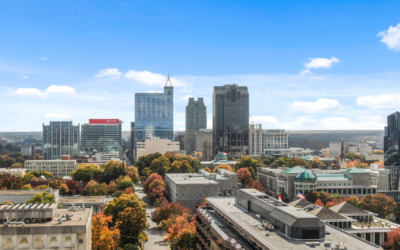
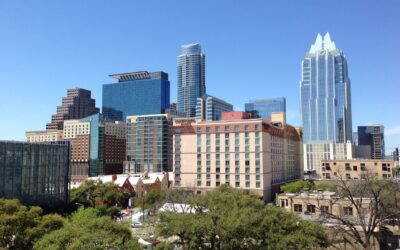
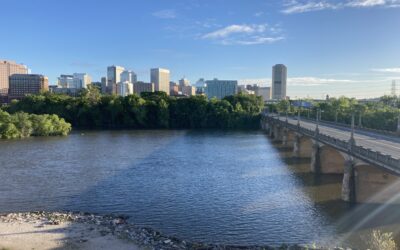
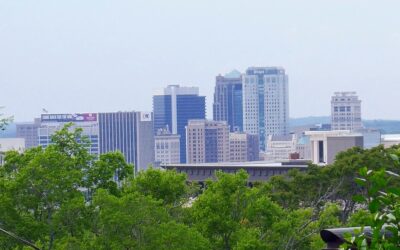
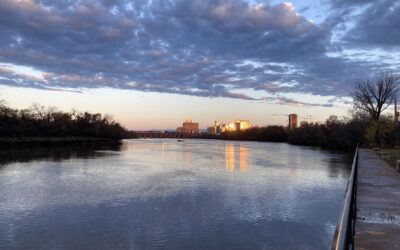

Recent Comments